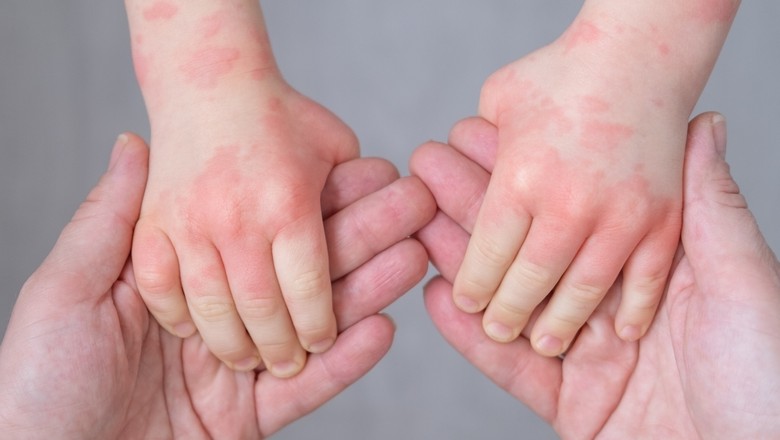Post-Traumatic Stress Disorder (PTSD) affects many individuals globally. This article explores the symptoms and treatment options available to support those suffering from PTSD.

Post-Traumatic Stress Disorder (PTSD) affects many individuals globally. This article explores the symptoms and treatment options available to support those suffering from PTSD.
PTSD, or Post-Traumatic Stress Disorder, is a mental health condition triggered by experiencing or witnessing a traumatic event. These events can range from natural disasters, serious accidents, and terrorist acts to war/combat, rape, or other violent personal assaults. Understanding PTSD is crucial for offering appropriate support and seeking effective treatment.
Recognizing the symptoms of PTSD is the first step in providing adequate support or seeking help for oneself. PTSD symptoms can be categorized into four main types:
Several treatment options can aid in managing and alleviating PTSD symptoms. A combination of therapies often yields the top results.
Psychotherapy, or counseling, is a cornerstone in the treatment of PTSD. Here are various forms commonly used:
Certain medications have proven effective in the treatment of PTSD, often used in conjunction with psychotherapy:
Self-care strategies can complement professional treatment and are vital in managing day-to-day symptoms of PTSD:
Finding support is crucial in the journey towards healing from PTSD:
Overcoming PTSD is a challenging journey that requires time, patience, and the right support. By recognizing the symptoms of PTSD and utilizing the appropriate treatment options, those affected can find pathways to recovery and lead fulfilling lives. If you or someone you know might be suffering from PTSD, do not hesitate to seek professional help.

Dealing with migraines involves understanding symptoms and exploring effective treatments. This guide provides practical advice and tips to help manage your migraines better.

Ensuring your pet's well-being doesn't have to be expensive. Here are strategies for finding affordable veterinary clinics, practicing preventive care, and securing financial assistance.

Keeping your home clean doesn't have to harm your health or the planet. Here’s how to use natural cleaning products for healthier, eco-friendly living.

Atopic Dermatitis can be a challenging condition. Understanding symptoms and treatment options is critical for effective management and improving quality of life.

Understanding and addressing mental health is vital. Recognizing signs and offering support can make a significant difference in someone’s life. Here are practical tips and advice to help you.

As we age, managing belly fat becomes crucial for overall health. This guide explores options for belly fat removal and how Medicare might support your health needs.

Incorporating a home sauna into your daily routine can offer numerous health and wellness benefits. This guide will provide practical advice on how to maximize those benefits effectively.

Achieving your weight loss goals can be challenging. This guide provides essential advice on utilizing weight loss injections under the guidance of a healthcare provider.